Karen Tay, Singapore's Smart Nation director, was recently in Washington D.C. to run a workshop for the World Bank on how to develop “smart cities." She says: “'Smart cities' is honestly a buzzword... when I get invited to speak, most people expect me to start with cool tech like AR, VR, AI, modeling and simulation, blockchain and the like. The fact is that cities are complex ecosystems with very established ways of operating. If we want to disrupt them with technology in a way that benefits the masses (i.e. not just the upper middle class), we need dedicated work from the ground-up, coupled with political commitment." Karen Tay's five tips for smart city efforts come from conversations and projects with smart city leaders around the world.



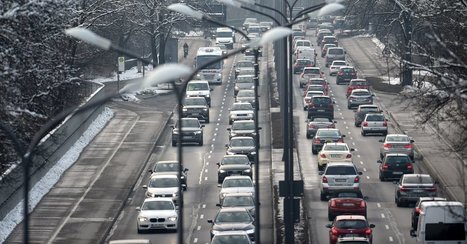


 Your new post is loading...
Your new post is loading...
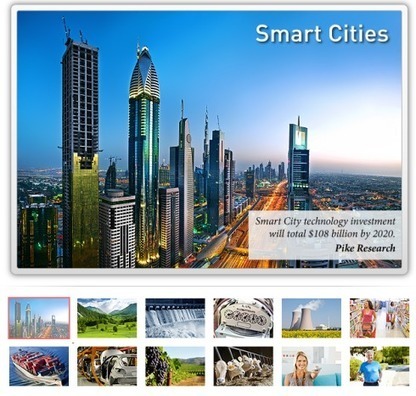



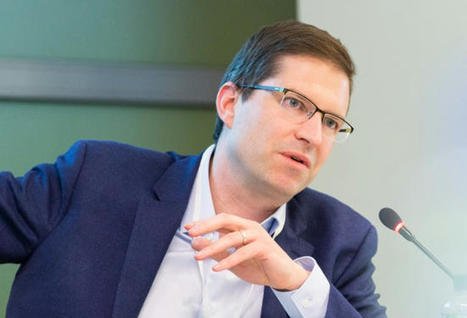
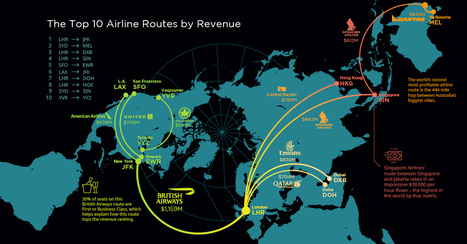
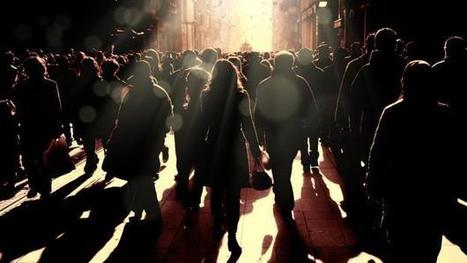
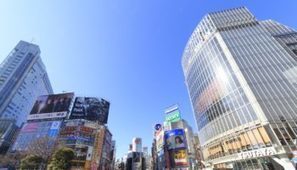
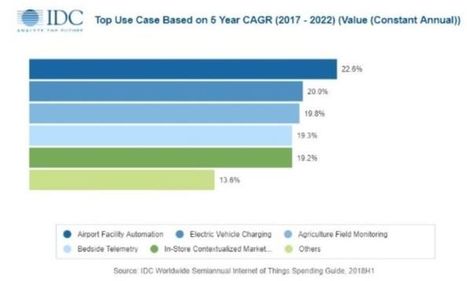
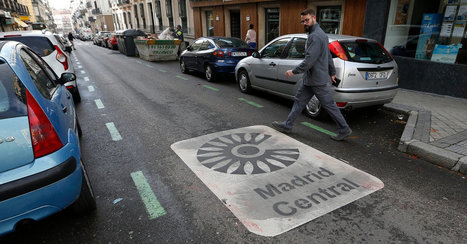
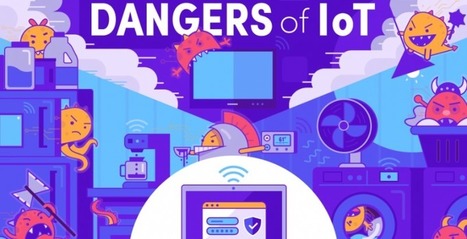
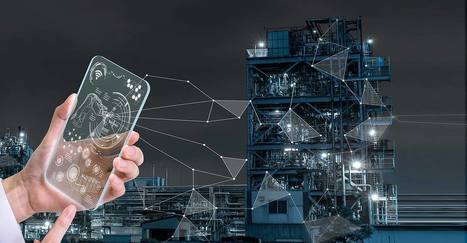



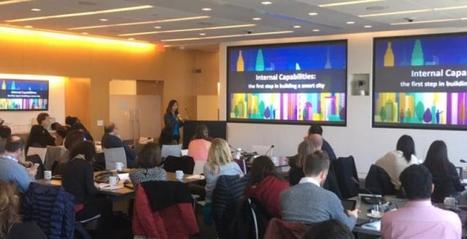

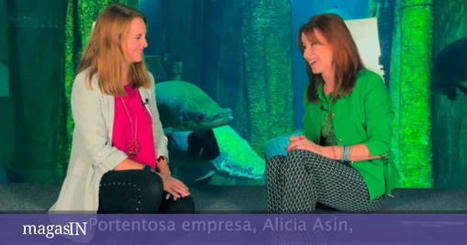

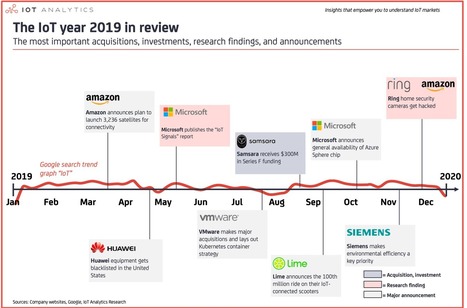
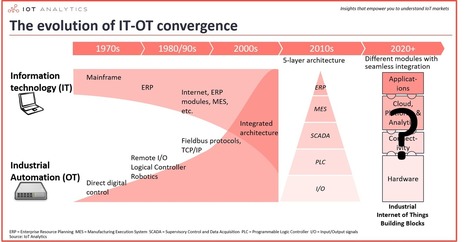
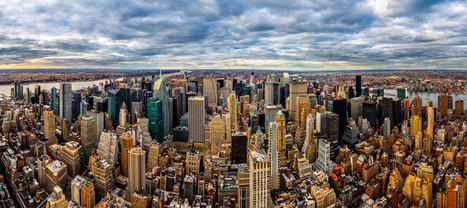
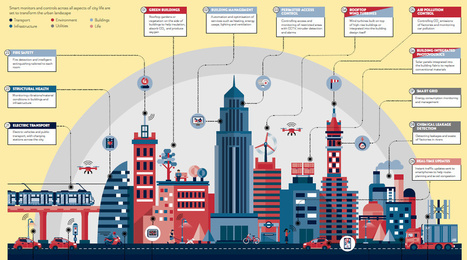

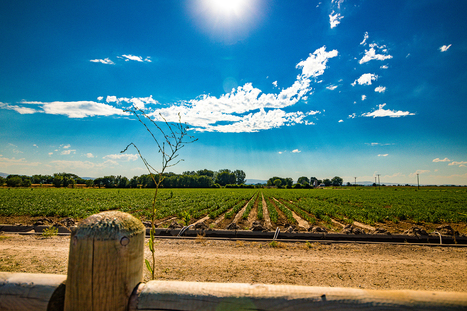
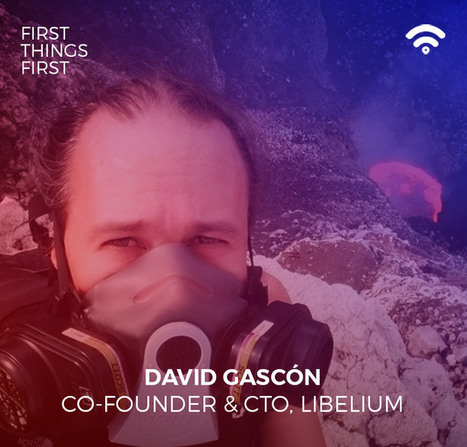

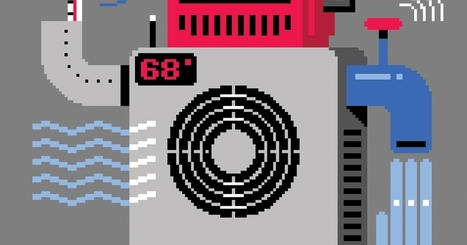
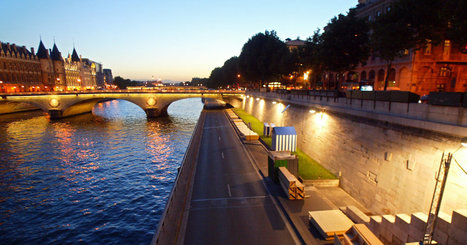








Deutsche Umwelthilfe, an environmental and consumer rights organization, set the lawsuits in motion after German automakers bet their futures on diesel technology they billed as environmentally friendly, even while rigging software in their cars to pass stringent emissions tests.
Frustrated with the lack of progress in improving air quality in about 70 of the country’s most polluted cities, Deutsche Umwelthilfe brought lawsuits against the local governments, demanding that they uphold the air quality standards set by the European Union and ban certain vehicles, mostly ones that use diesel.
“The days of flooding the inner cities with poisonous diesel emissions are over,” said Jürgen Resch, managing director of Deutsche Umwelthilfe. “These vehicles have no place in our cities anymore.”